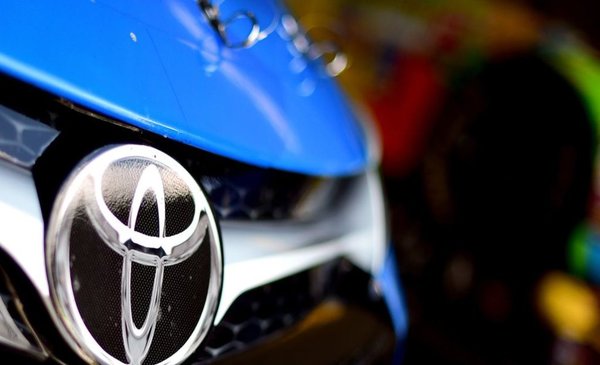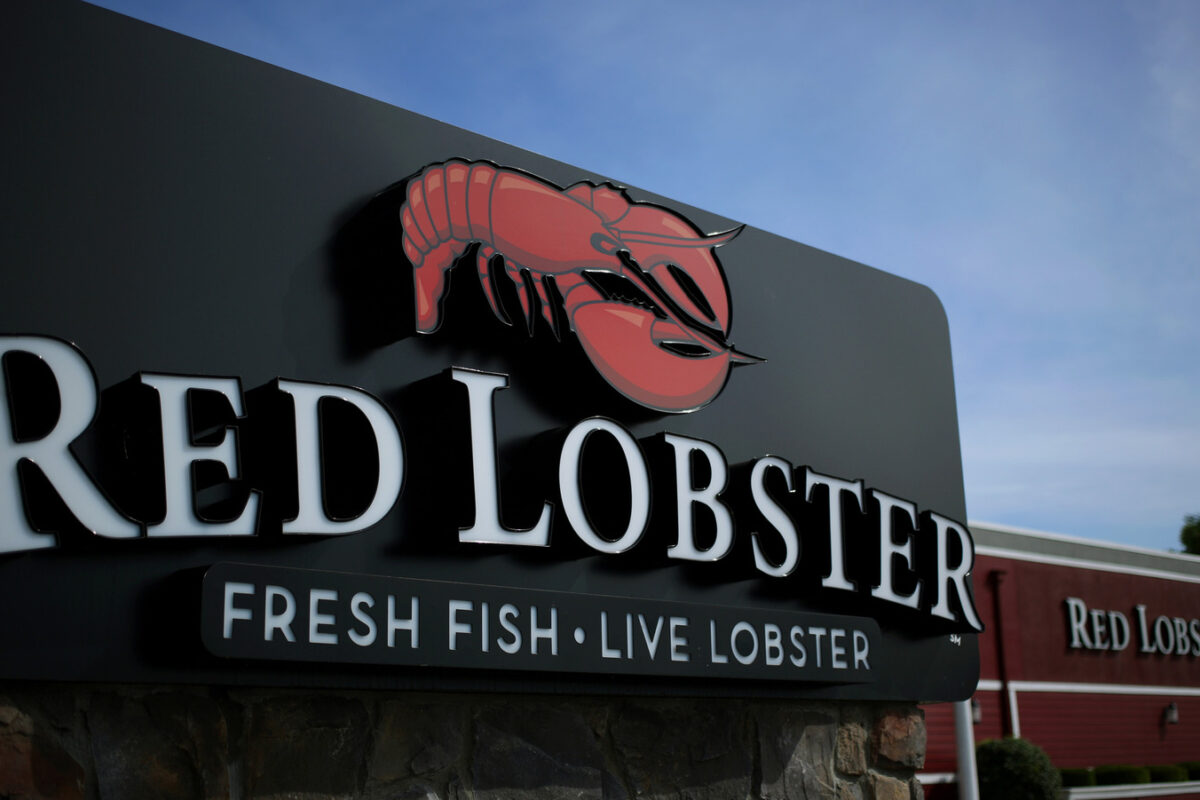
The race to be the world’s biggest car manufacturer has entered the final lap.
In January, most analysts were predicting that Toyota would break General Motors’ 76-year winning streak and overtake it to become the top-selling automotive producer. But the third-quarter sales figures, published last week, suggest that the contest remains too close to call.
Up until September, GM had sold 7.06m cars, exactly 10,000 more vehicles than Toyota. John Middlebrook, vice-president of marketing and sales at GM, was clearly elated at the news. ‘GM’s record third-quarter sales were driven by exceptionally strong demand in emerging markets and our improving competitiveness in developed markets. We are on track to have our second-best annual sales performance in our almost 100-year history.’ GM’s sales were up by 22% in Latin America, 15% in Europe and the firm is on course to be the first to sell 1m cars a year in China.
And you know what? It really doesn’t matter. Too many marketers view sales as the ultimate measure of success, which is, of course, nonsense. Sales figures rarely give you the true picture. Profitability is the real lifeblood of any organization. I don’t give a toss how many products a firm has sold, it is all about how much profit was generated.
Do you know how much money per car GM made last year?
Actually, it is a trick question because it didn’t make anything. It lost $146 for every one of that record number of cars that it sold in 2006. GM was delighted with this figure because it represented a considerable improvement on the $1271 it lost per car in 2005. In contrast, Toyota is the most profitable car manufacturer in the world. Despite, or probably because, it lags behind GM in unit sales, it made $1977 profit per car in 2006. The reasons for Toyota’s superior profitability over GM are simple.
GM’s brand architecture is a perfect design for generating sales; it houses lots of models from many different brands aimed at a range of segments. But it is also a poor structure for generating profits due to low economies of scale, cannibalization and big marketing overheads.
With the exception of its niche brands Lexus and Scion, the vast majority of Toyota’s sales are accounted for by its single branded house, thus ensuring maximum profitability.
GM is also guilty of over-using dealership and employer promotions to shift its cars. It is a struggle to find a Vauxhall, for example, being sold at its full list price. Sales promotions are great for driving sales figures, but because they involve money being taken from the bottom line and given to consumers, they have a negative impact on profits. By contrast, Toyota uses promotions sparingly.
The other negative effect of overusing sales promotions is that they commodify a brand and gradually reduce its brand equity. This helps to explain why Toyota, with its superior brand, is able to charge an average of $2692 more than GM per car.
Perhaps the biggest difference between the two is their focus. The US motor firm is desperate to hang on to its crown as the biggest car producer in the world. Toyota’s senior executives, in contrast, understand that it was never about sales, and always about profit.
One of the most likely reasons that GM struggles to be profitable is this inherent focus on sales. Many brands would benefit from selling less and targeting more, generating bigger profits as a result.
Ironically, despite all the media interest, neither Toyota nor GM should want to win the race to be the biggest car maker in the world. Toyota simply doesn’t care about these things and if GM lost its sales crown, it might finally shock the firm into re-orienting its business around profits ahead of sales, not vice versa.
30 SECONDS ON … TOYOTA AND GM
– Toyota is the world’s biggest automotive manufacturer by net worth, at $190bn, revenue, at $215.62bn and profit, at $15.09bn.
– Founded in 1937 by Kiichiro Toyoda, it owns and operates the Toyota, Lexus and Scion marques.
– Toyota plans to produce 9.4m vehicles in 2007 and sell 10.4m in 2008.
– General Motors Corporation is the world’s biggest automotive manufacturer by production volume for the first nine months of 2007, and has been by sales volume for 76 years.
– Founded in 1908, GM employs about 284,000 people globally.
– In 2006, 9.18m GM cars and trucks were produced worldwide.
– According to this year’s Harbour Report, while Toyota earned a pre-tax margin of more than $1200 on every vehicle it sold in the US last year, GM lost $1436, reflecting factors including the difference in healthcare and pension costs.
The Blake Project Can Help: The Brand Architecture Workshop
Branding Strategy Insider is a service of The Blake Project: A strategic brand consultancy specializing in Brand Research, Brand Strategy, Brand Licensing and Brand Education





One comment
Mike Mirkil
November 15, 2007 at 2:00 pm
Great post. Also a great article in the July-August issue of the Harvard Business Review that talks about Toyota’s success and long term focus.
Toyota’s philosophy marries well with a strong branding approach that begins with an internal focus on an organization and ensuring it delivers on its brand values and brand promise.
What exactly is GM’s brand promise? To be the biggest car company in the world?
Comments are closed.